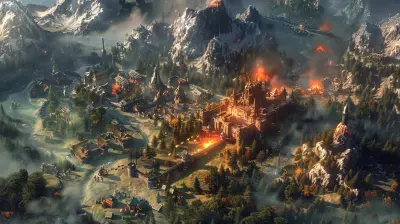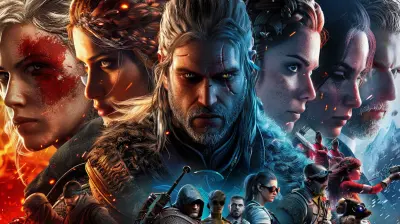How Cultural Traditions Influence Game Development Choices
18 July 2025
Have you ever stopped to think about how much culture shapes our everyday experiences? It’s everywhere — from the food we eat, the way we dress, to the stories we tell. But here’s the thing: culture doesn’t just stop at those obvious parts of life. It sneaks its way into everything, including video games. Yep, those cool worlds, characters, and stories you love? They’re often deeply influenced by the cultural traditions of the people who create them.
Let’s sit down and unpack this. Let’s explore why cultural traditions have such a massive impact on game development choices, and how the games we play reflect the diversity and richness of global cultures. Ready to dive into this? Let's go!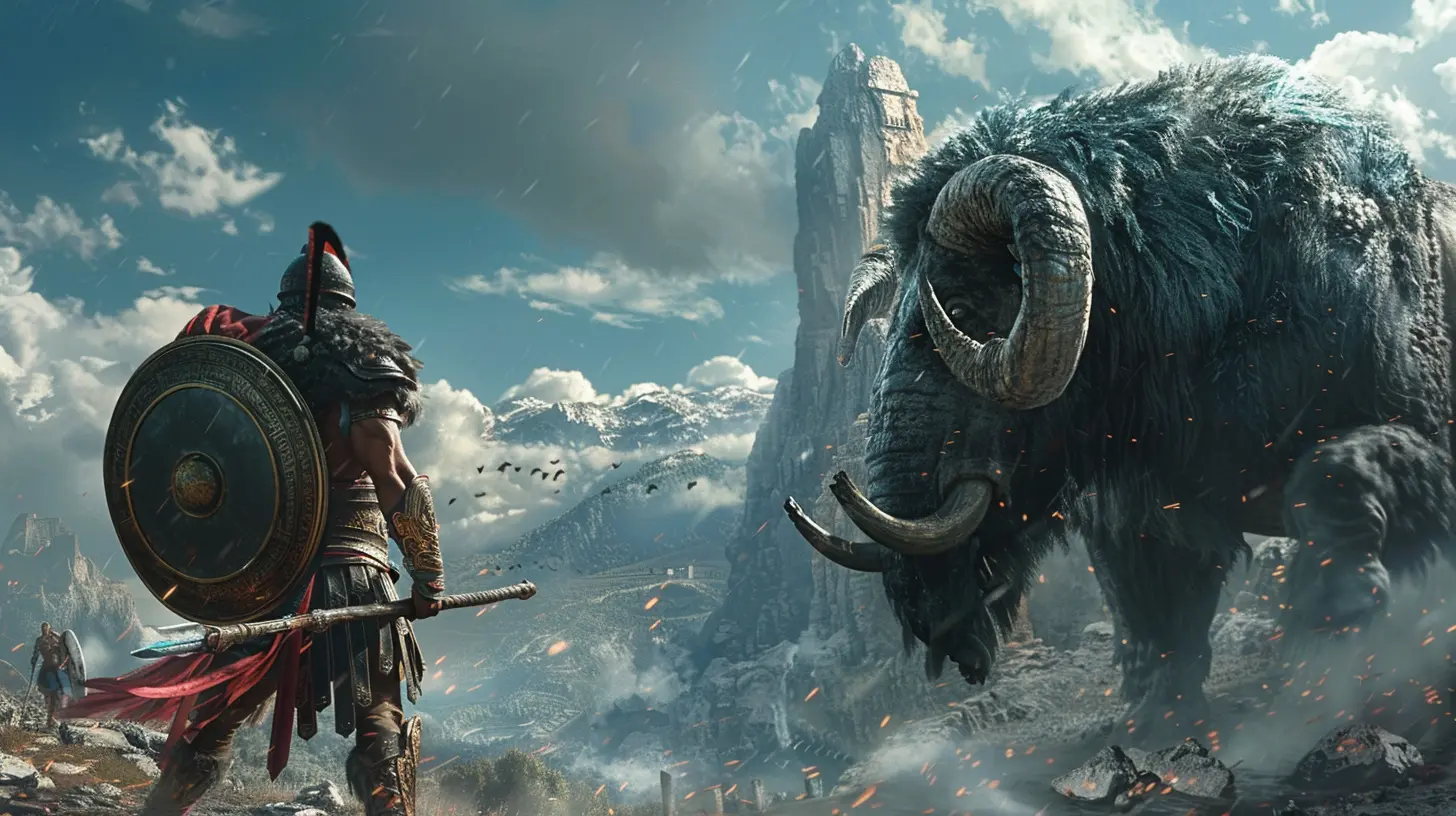
The DNA of Games Lies in Cultural Traditions
Think about your favorite video game for a second. Maybe it’s a high-octane action RPG, a peaceful farming simulator, or even a chaotic battle royale. Whatever it is, chances are it reflects decisions made by its creators — decisions influenced by the cultural soup they’ve been simmering in their whole lives.Developers don’t just create games in a vacuum. Every single design choice — from mechanics to graphics, soundtracks, and even storytelling — is colored by their cultural backgrounds. These choices create a game’s DNA, its unique identity. And when you look closely, you can see hints of the developer's home culture embedded right in the code.
Take Japan's influence on the gaming industry, for example. Franchises like Final Fantasy, The Legend of Zelda, and Pokemon aren’t just fun games — they’re cultural artifacts. They highlight themes like honor, duty, and respect for nature, which are deeply rooted in Japanese cultural traditions. Without Japan’s cultural lens, these games wouldn’t be what they are. 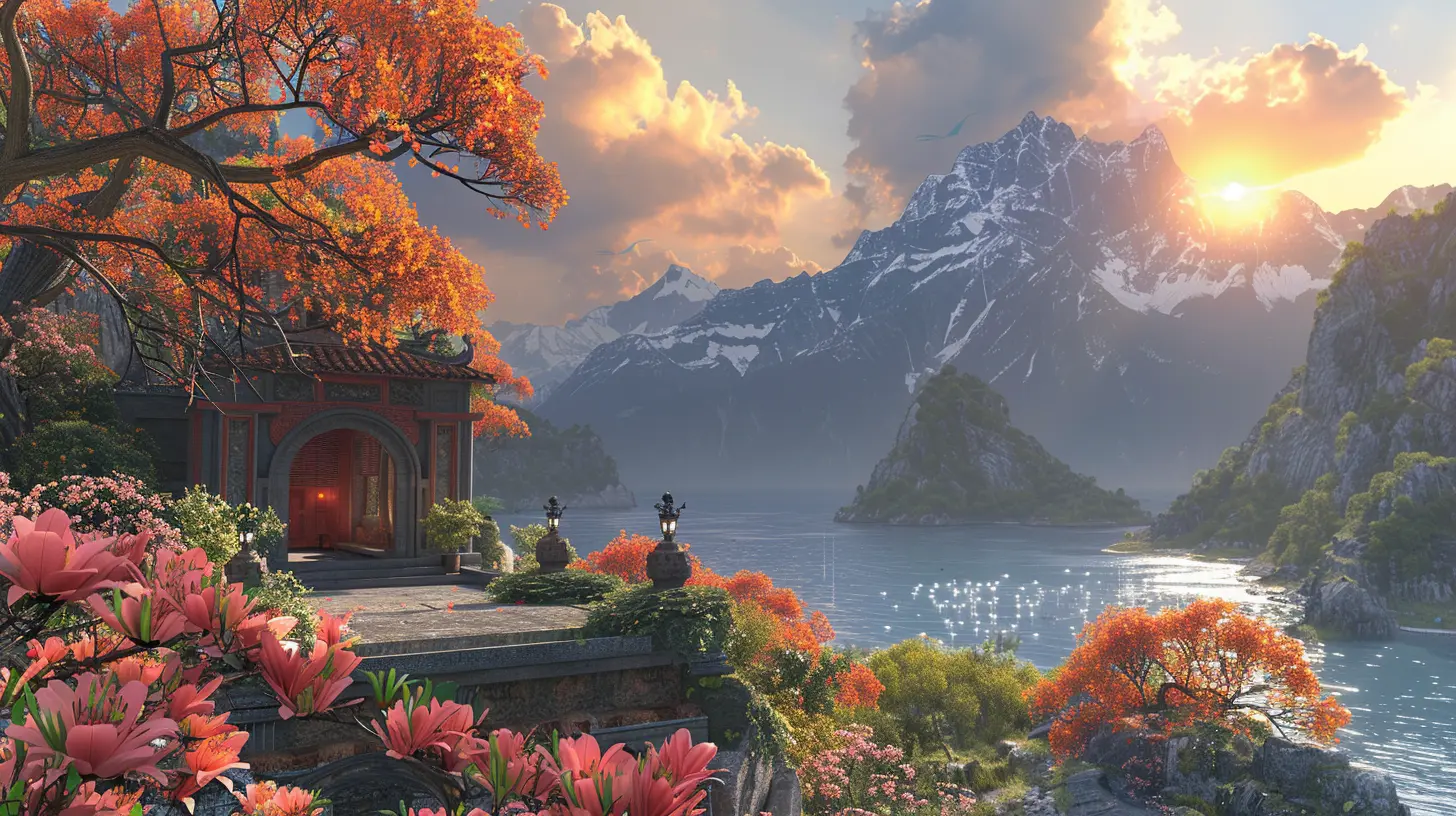
Storytelling: Tales Passed Down Through Pixels
Did you know stories in games are often inspired by legends, myths, and folklore? Makes sense, doesn’t it? After all, storytelling is one of the oldest human traditions. Cultures around the world have been telling stories for thousands of years, passing them down from generation to generation.Video games are no different. Developers draw from their cultural storytelling traditions to craft plots that resonate with players. For example, many Nordic myths serve as the backbone for the God of War series. The developers at Santa Monica Studio didn’t just slap together a story—they immersed themselves in Norse mythology. The result? A game world filled with gods, monsters, and landscapes that feel so authentic they practically transport you to Scandinavia.
On the other hand, games like Assassin’s Creed: Odyssey take players deep into ancient Greek culture, while Okami is a love letter to Japanese folklore. These games don’t just entertain; they educate, giving players a glimpse into the rich traditions of other cultures. 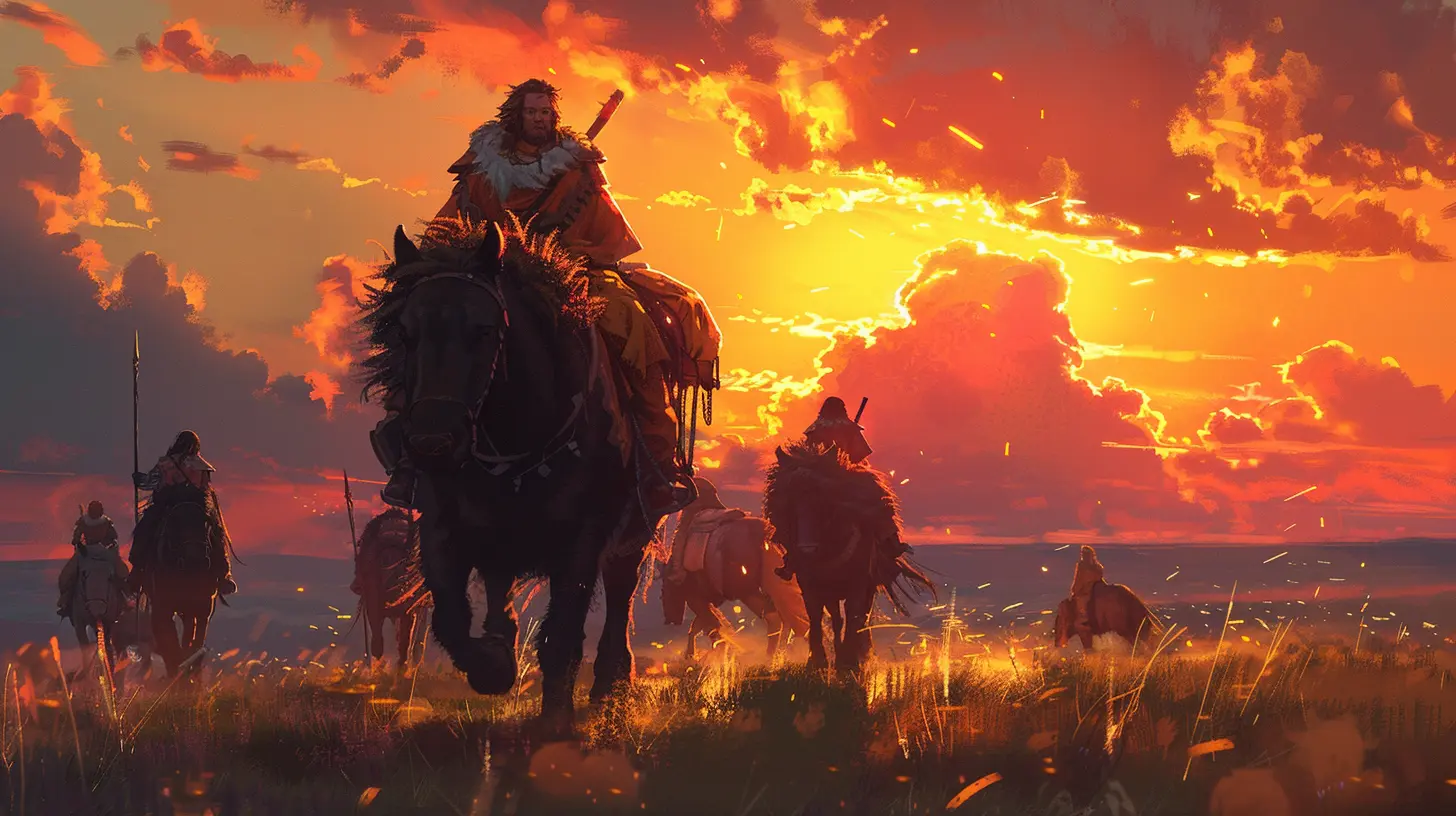
Game Mechanics Rooted in Cultural Playstyles
Okay, so we’ve established that storytelling is heavily influenced by cultural traditions, but let’s look at something else: game mechanics. The way a game plays often reflects a developer's cultural understanding of competition, cooperation, and even leisure.Take strategy games like Chess or Go, which originated in India and China, respectively. These games are deeply reflective of Eastern traditions emphasizing patience, foresight, and planning. Fast forward to modern strategy video games, and you’ll find that these values are still alive and well in titles like Civilization or Starcraft, many of which rely on tactical thinking and long-term strategies.
And then there are multiplayer games. In Western cultures, where individuality and competition are often celebrated, you’ll find games like Call of Duty or Fortnite, which focus on being the last one standing. Compare that to Eastern games like Monster Hunter, which lean more towards cooperative play and team synergy. See the pattern here? Even the way we play games is influenced by culture. 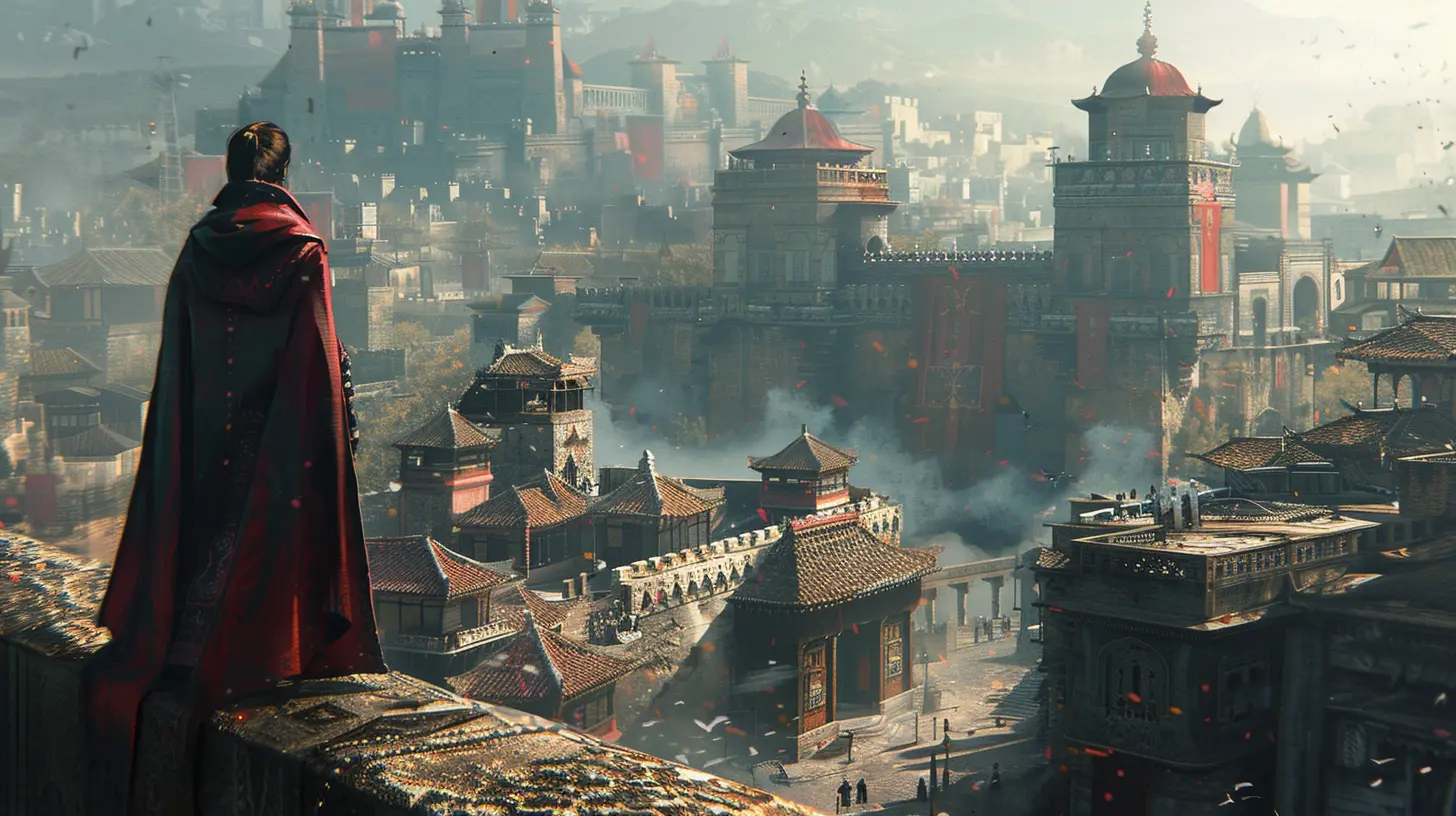
Art and Aesthetics: Visual Storytelling Through Culture
Pause and take a closer look at the way games look. From the lush, hand-painted aesthetics of Ori and the Blind Forest to the gritty realism of The Last of Us, art and aesthetics in games are tied to cultural values and artistic traditions.Take any Studio Ghibli-inspired game, like Ni no Kuni, and you’ll find yourself marveling at the delicate, watercolor-like visuals. That’s no accident. These visuals directly channel Japan’s traditional art techniques, like ukiyo-e (woodblock printing) and sumi-e (ink painting).
Or think about games like Red Dead Redemption, which are dripping with Americana. From cowboy culture to expansive prairies, every pixel screams the rugged, mythologized version of the American West. It’s like stepping into a time machine that’s been lovingly crafted by developers who have grown up steeped in that cultural imagery.
It’s not just about aesthetics, though. These visual choices often tell a story too, helping players connect with the game on a much deeper level.
Music: The Universal Language in Games
Let’s talk about soundtracks. Do you ever get chills when a soundtrack perfectly matches the vibe of a game? That’s not just good luck on the developer’s part — it’s intention. And often, cultural traditions play a massive role in shaping the music we hear while gaming.Consider The Legend of Zelda series again. Its iconic soundtrack is inspired by Japanese traditional music, with instruments like the shamisen and taiko drums subtly woven into its melodies. Then there’s The Witcher series, which draws on Polish folk music, giving its world a rich, earthy feel that’s impossible to separate from its cultural roots.
Music is universal, but the way it’s used in games is deeply cultural. It connects us to the game world, often without us even realizing it.
Cultural Sensitivity in Game Development
Of course, we can’t talk about cultural influence without touching on the need for sensitivity. While it’s beautiful to see cultural traditions represented in games, it’s equally important for developers to approach these traditions with respect.There’ve been moments in the gaming world where cultural representation missed the mark (remember the backlash over cultural stereotypes in older games?). That’s why more and more studios are now hiring cultural consultants to ensure their games reflect cultures authentically.
For example, Ubisoft worked with Maori consultants while developing Far Cry: New Dawn to ensure its portrayal of Pacific Islander culture was accurate and respectful. This attention to detail isn’t just good PR — it’s essential for creating meaningful connections between players and the game world.
Why Cultural Traditions in Games Matter
So, why does any of this matter? Why should we care about cultural traditions influencing game development?Well, for one, it makes games richer. When developers draw on their cultural heritage, they create unique and memorable experiences that stand out in a crowded market. And let’s be real, nobody wants to play the same cookie-cutter game over and over again.
But more importantly, games influenced by cultural traditions build bridges. They let players from different backgrounds step into each other’s worlds, fostering empathy and understanding. Gaming, after all, is a universal language. What better way to connect with someone across the world than by walking a few virtual miles in their shoes?
The Future of Culture in Gaming
As gaming continues to grow globally, cultural influence will only become more important. We’ll see even more diverse voices bring their traditions into the spotlight, creating games that span continents, languages, and traditions.Imagine a game developed by creators from the Yoruba culture, or one that takes deep inspiration from Inuit storytelling traditions. The possibilities are endless, and the beauty is, this cultural diversity will only make our favorite pastime even better.
So the next time you fire up a game, take a moment to think about the layers of culture baked into it. Those design choices? They’re like little love letters from the creators to their traditions, and now, they’re sharing that with you.
all images in this post were generated using AI tools
Category:
Gaming CultureAuthor:

Emery Larsen
Discussion
rate this article
2 comments
Selkie McAdoo
What a fascinating exploration of the intersection between culture and gaming! It’s inspiring to see how diverse traditions shape storytelling and gameplay, enriching player experiences. Embracing these influences not only enhances creativity but also fosters a deeper connection among global gamers. Keep up the great work!
November 9, 2025 at 5:39 PM

Emery Larsen
Thank you for your thoughtful comment! I'm glad you found the exploration of cultural influences on gaming inspiring. It's essential to celebrate these connections in our evolving gaming landscape!
Summer Campbell
Cultural traditions shape game narratives, aesthetics, and mechanics, ensuring authenticity and relatability. By reflecting diverse experiences, developers can foster deeper player connections and broaden understanding of global cultures.
August 5, 2025 at 3:03 AM

Emery Larsen
Absolutely! Integrating cultural traditions enriches game narratives and mechanics, allowing for authentic storytelling that resonates with players and promotes cultural appreciation.

